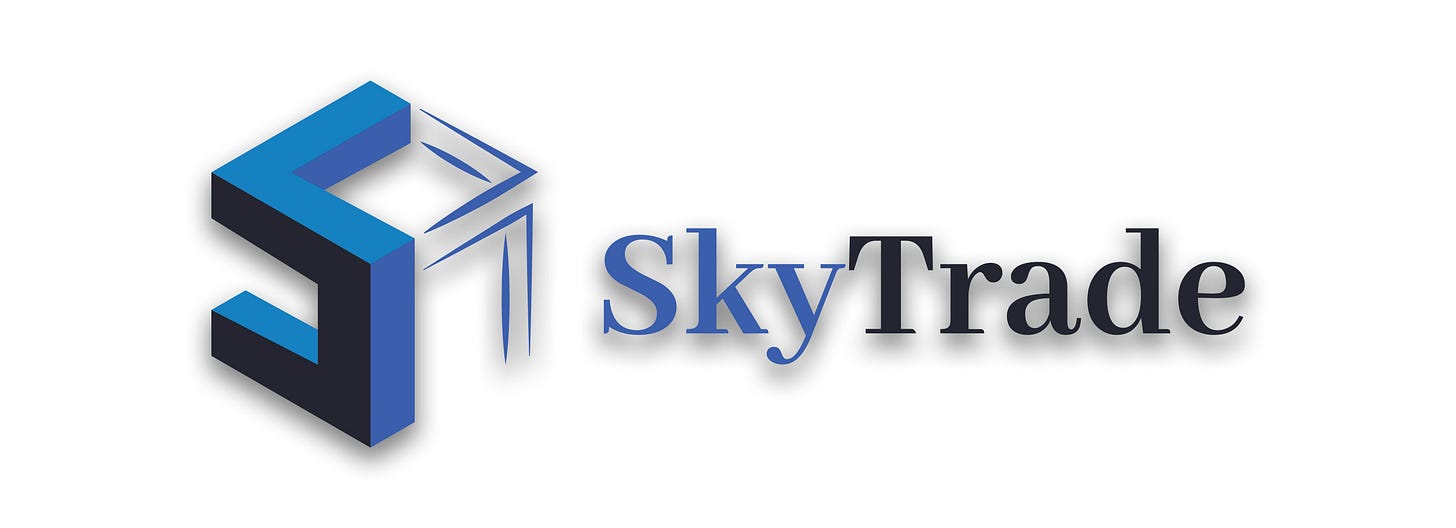The Zenith Of Property Rights
In Property We Trust - Growth And Freedom In The Sky
It’s no accident that a nation conceived in liberty protects property rights. Property is the foundation of every right we have, including the right to be free.
The Foundation of All Rights
The basic property rights the early founders of the US recognized and that common law jurisdiction share, beyond acquisition and disposal, are the right of sole dominion, a right to exclude others, a right against trespass, a right of quiet enjoyment, and the right of active use.
When these rights are violently taken it’s easy to see and take action. When they are taken by a thousand cuts it can be harder to recognise. Like a small leak in a roof, it appears innocuous until the roof caves in. Property rights do not live in a vacuum, an open property market is the backbone of some of the most successful societies on the planet. We give that right up at our peril.
We may accept exchanging our data for a product we enjoy, but would we exchange our property rights for a product that accumulates benefits to a few organisations rather than to ourselves, should you be paid for the use of your property?
Property acquired through hard work and investment is being used without permission or compensation. No one I have asked would sell a property and give a percentage of the profits to Alphabet voluntarily. No one rents out a room in their home through Airbnb and would accept Airbnb not handing over the agreed fee to them. In Texas, a community of over ~1.8 million homeowners are being asked to accept a version of this.
It must be noted, that until now it has been difficult to get the permission from the air rights owners needed to enter and exit the low-altitude airspace they control. Nevertheless, taking the air space without permission and trespassing is not the solution, and it is certainly not the solution when drones can ask for permission through SkyTrade.
Drone Delivery Expansion
Walmart is now able to reach 1.8 million Texas households in collaboration with on-demand drone delivery services, Wing and Zipline. Its drone delivery will be able to cover nearly 75% of residents in the Dallas-Fort Worth area. These partnerships cement Walmart's status as the US retailer with "the largest drone delivery footprint," but with the least permission to be in that airspace.




